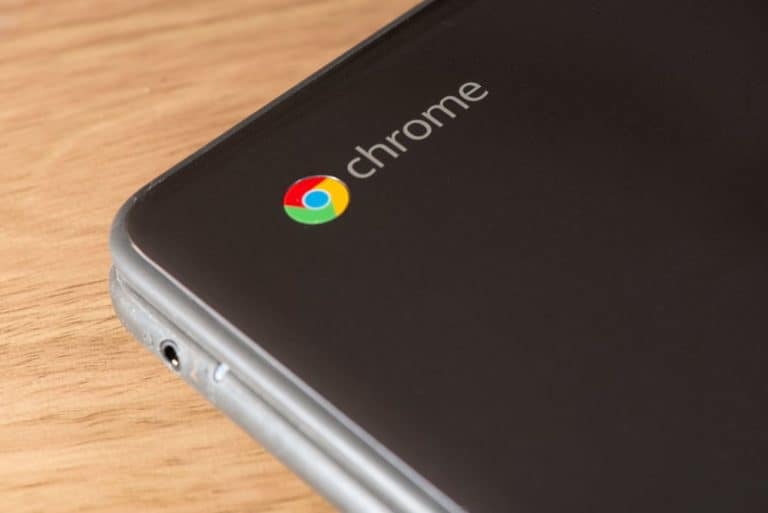Google is partnering with Parallels to provide the enterprise version of Chrome OS with Windows apps. Until now, Chromebooks did not have the capability to run traditional computer software.
The new feature to run Windows applications on Chromebooks is probably a variation of Parallels Remote Application Server. This application will possibly be integrated into Chrome OS, so the Chromebooks serve as a remote desktop with offline support. That way it should be possible to run Windows apps on Chromebooks.
It is still unknown how exactly the companies will serve Windows applications on Chromebooks. Parallels did not specify precisely how they intend to achieve this. However, they did mention that they want to eliminate additional hardware costs and minimise the total cost of ownership (TCO). Parallels offers various cloud-based virtualisation tools to businesses, including Parallels Desktop that allows Windows to run on Mac devices.
Chrome OS
Chrome OS is not built to run traditional computer programs. This doesn’t mean it’s impossible. Microsoft supports Microsoft Office and Microsoft 365 on most Chromebooks with the Android versions through the Google Play Store. But many applications except Microsoft’s are still not running on Chrome OS. Google’s collaboration with Parallels is intended to change this.
Support for Windows apps will appear sometime this fall. Initially, the feature will only be rolled out to users of Chrome Enterprise, Google’s business service for Chromebooks, giving users access to many enterprise options. This means that users of different versions of Chrome OS will not yet have support for Windows apps.
